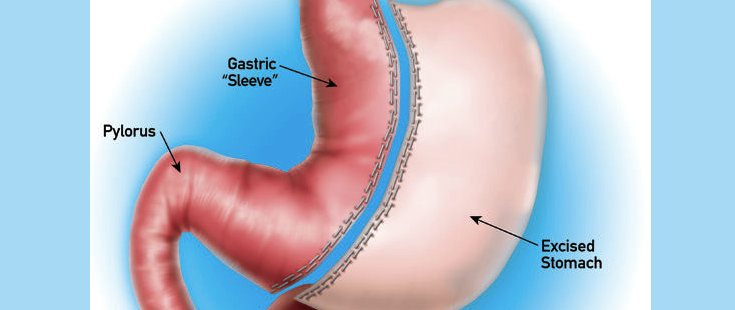Over the past several decades, obesity rates among Americans have consistently increased. While our sedentary lifestyles are partially at blame, a key factor in our national weight gain is that we’re simply consuming more calories in the form of both food and calorie-laden beverages. For comparison, in the mid-2000s, the average American adult was found to consume around 2,375 calories per day, which is nearly one-third more than in the 1970s.
Where are all of these extra calories coming from?
According to new research, these extra calories are largely coming from increased snacking over the past 30+ years. While we are indeed eating larger portions sizes as well, the number of times we are eating each day has increased 29 percent from 3.8 meals and/or snacks per day in 1970, to 4.9 at the conclusion of the study. Portion size was found to increase 12 percent, on average. Researchers at the University of North Carolina at Chapel Hill conducted the study. They extracted and analyzed data from four nationally representative food studies conducted by the United States Department of Agriculture and the Centers for Disease Control and Prevention from 1977 to 2006.
The study validates what has been suspected for a long time: that about 30 percent more calories are being consumed daily today compared to previous decades and is chiefly attributed to increased numbers of meals and snacks, including calorie dense coffee beverages and sodas. At the Bariatric Institute of Greater Chicago we are committed to helping our weight loss surgery patients attain a higher quality of life. We encourage our patients to make positive lifestyle changes, and form healthy eating habits. Our patient education seminars will help guide you towards making the best choices for losing weight and eating with a gastric band. You can view the calendar of events here.







Leave A Comment